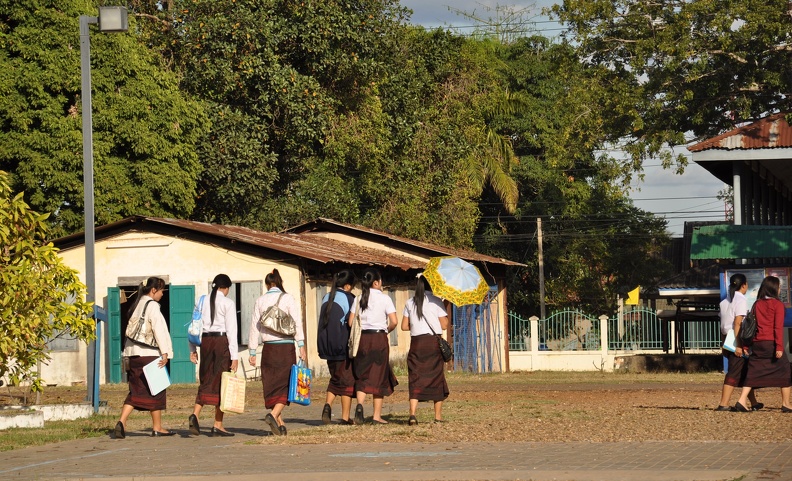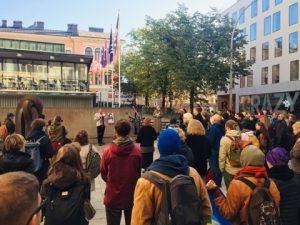
Wed 11 November from 12:00 to 13:30
Join Zoom Meeting: https://helsinki.zoom.us/j/62027652136?pwd=RmpWbExSMTBRbXpjb2pXUW5tNUpsQT09
Meeting ID: 620 2765 2136
Passcode: 869521
Can Refugees Save the World? Post-Development Approaches to Livelihood from Palestinian Refugee Camps in Lebanon
Yafa El Masri – PhD Student in Geography at the University of Padova, Visiting Researcher at the University of Helsinki
Moderator: Paola Minoia, GDS/Helsinki
A growing number of academics across the globe now share the conviction that the mainstream notion of development needs to be deconstructed to open a way for cultural alternatives that nurture and respect different forms of life on Earth (Kothari et al, 2019). The concept of post-development, which is squarely rooted in solidarity, has appeared as a way to defend the local against the global, giving value to community economics, human wellbeing and local traditions (Mathews, 2017). Refugees have long been silenced by the humanitarian government and widely portrayed solely as recepients of humanitarian aid (Agier, 2011: Rajaram, 2002: Silvermann, 2008), however, this study explores innovative post development approaches to managing space and livelihood practiced by refugees, and even identifies the expansion of solidarity-based initiatives to the refugee hosting communities. This study attempts to demonstrate how refugees are agents of their own space and post development through a strong base of solidarity, rootedness and collective emplacement. This study takes Palestinian refugee camps in Lebanon as case of observation, utilizes postcolonial methods and Donna Haraway’s feminist concept of situated knowledge, to reflect on my own positioned rationality of growing up as a stateless Palestinian refugee in Lebanon’s refugee camps. Using recent participation observation, auto-ethnography and interviews in Lebanon and Europe’s Palestinian refugee community, the study finds that solidarity-based dynamics (cooperation values, food sharing and gift economies) tend to be increasingly replacing the shrinking humanitarian development aid and market activities within Palestinian refugee camps in Lebanon. Then, if “grassroots solidarity can transform the world” and if “Another world is possible”, and possibly another world is even necessary, along these lines, can refugees help change the world?
Keywords: Refugees, Livelihood, Post-Development, Pluriverse, Refugee Agency
Yafa El Masri is a visiting researcher at the Development Unit at the Social Sciences Faculty of the University of Helsinki. Yafa is currently conducting her PhD in Geography at a joint research program by the University of Padova, University of Venice and University of Verona. She has a MSc in Local Development from the University of Padova, and a BA in Corporate Social Responsibility from Beirut Arab University. She has 5 years of work experience with grassroots initiatives but also with international organizations operating in Lebanon’s Palestinian refugee camps. Yafa’s work focuses on refugee autoethnography. she co-authored the book “Eleven Stories from Exile” published by the Palestinian Institute of Studies in 2017, and is currently writing her dissertation on Livelihood in Palestinian refugee camps through the lens of situated knowledge.


